Confidence in Short-Term Economic Growth Remains At Record Low
Confidence among adults nationwide that the U.S. economy will be stronger a year from now remains at an all-time low.

Confidence among adults nationwide that the U.S. economy will be stronger a year from now remains at an all-time low.
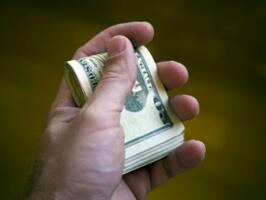
At a time when confidence in the nation’s banking industry is at an all-time low, the number of Americans who say they owe more money than they did last year ties its all-time high.
The latest Rasmussen Reports national telephone survey of American Adults shows that 32% owe more money today than they did a year ago.

Fed Chairman Ben Bernanke insists that the Federal Reserve is keeping inflation down, but Americans overwhelmingly say they are paying more for groceries these days and expect to pay even more in a year's time.
The latest Rasmussen Reports national telephone survey of U.S. Adults shows that 81% are at least somewhat concerned about inflation, including 47% who are Very Concerned.
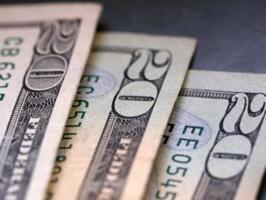
For the second straight month, Americans are less confident than ever in the nation’s banking industry.
The latest Rasmussen Reports national telephone survey of U.S. Adults shows that just 34% are at least somewhat confident in the stability of the U.S. banking industry, including only five percent (5%) who are Very Confident.
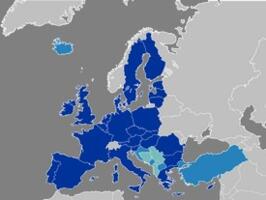
Most Americans still expect at least one of the financially troubled countries in Europe to default on its debt and worry that Europe’s bad economy will ultimately have a major negative impact on the United States.
A new Rasmussen Reports national telephone survey finds that 64% of American Adults believe it is at least somewhat likely that one of the economically troubled European countries like Greece, Ireland, Portugal or Spain will default on its debt in the next five years, but that’s down from 73% a month ago.
(Want a free daily e-mail update? If it's in the news, it's in our polls). Rasmussen Reports updates are also available on Twitter or Facebook.
The survey of 1,000 Americans nationwide was conducted on November 10-11, 2011 by Rasmussen Reports. The margin of sampling error is +/- 3 percentage points with a 95% level of confidence. Field work for all Rasmussen Reports surveys is conducted by Pulse Opinion Research, LLC. See methodology.

You need to earn a little bit more these days for your fellow Americans to regard you as “wealthy.”

Though three out of four Americans nationwide acknowledge that their state is in a budget crisis, they are evenly divided when it comes to cutting the salaries of state workers.
The latest Rasmussen Reports national telephone survey of American Adults shows that 41% favor a 10% pay cut for all state employees in order to help reduce spending in their state. Forty-two percent (42%) are opposed to the idea while 17% more are undecided. (To see survey question wording, click here.)
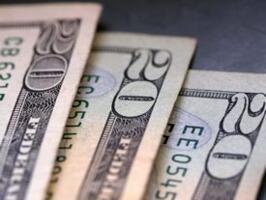
President Obama is pushing Congress to pass his plan to give $35 billion to state and local governments to prevent layoffs of teachers and first responders such as firemen, policemen and rescue squad workers. But most Americans think state and local governments should tighten their financial belts instead.
A new Rasmussen Reports national telephone survey finds that just 22% of Americans think the federal government should give states and localities $35 billion to prevent such layoffs. Nearly three times as many adults (64%) believe that the best way for state and local governments to avoid these layoffs is to cut back on other spending. Fourteen percent (14%) are undecided. (To see survey question wording, click here.)

An increasing number of Republican presidential candidates are now talking about returning the U.S. monetary system to the gold standard, but voters send mixed signals about such a move. Most like the idea, though, when they’re told it would reduce government control of the economy.
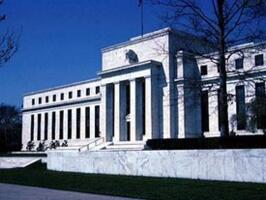
Most voters don’t like the Federal Reserve, the nation’s central banking system, which at least one presidential candidate would like to abolish.
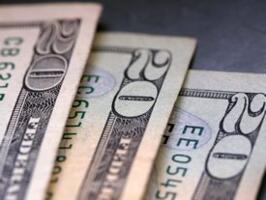
Voters are closely divided over the role they want the federal government to play in the current economy, but they remain positive that bailouts are one way they don’t want to go.
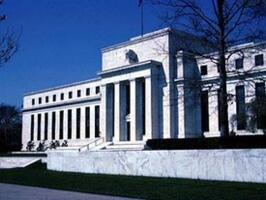
While few Americans report paying higher interest rates than they did a year ago, they still lack confidence in the Federal Reserve Board to keep interest rates down and inflation under control.
The latest Rasmussen Reports national telephone survey of American Adults shows that just 33% are at least somewhat confident that the Fed will be able to keep inflation under control and interest rates down, including just seven percent (7%) who are Very Confident.
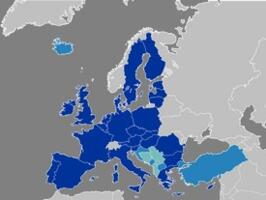
The United States is putting pressure on Europe to deal with its debt crisis as quickly as possible to avoid a global economic meltdown. Though most Americans expect at least one of the European countries to default on its debt in the next few years, half believe it’s still possible for the U.S. economy to recover even if Europe’s remains in trouble.
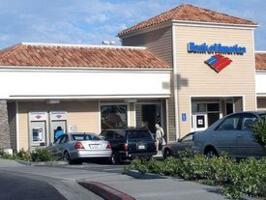
Confidence in the stability of the nation’s banking industry has fallen to a new low. The latest Rasmussen Reports national telephone survey of American Adults shows that just 35% are even somewhat confident in the stability of the U.S. banking industry.
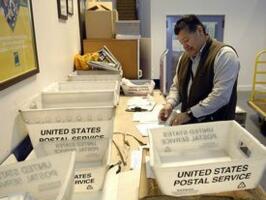
Most Americans nationwide continue to believe that government workers get more pay and better job security but don’t work as hard as their counterparts in the private sector.
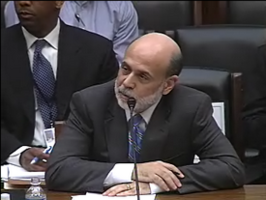
Half of Americans nationwide believe the Federal Reserve Board chairman has too much power over the economy. Meanwhile, favorability ratings for current Chairman Ben Bernanke are at their lowest level yet recorded.

Perhaps these views are driven in part by the increased skepticism that Americans have about President Obama's economic advisers. Just 31% are at least somewhat confident in those who advise the president on economic policy, with only 14% who are Very Confident. Sixty-three percent (63%) lack confidence in the president’s economic advisers, including 44% who are Not At All Confident in them.
The number of adults confident in Obama’s economic advisers has fallen from 41% in September 2010. Fifty-seven percent (57%) put little or not faith in those advisers at that time.

While the economy continues to stumble along, fewer Americans than ever report they owe more money than they did a year ago.

Most Americans remain concerned about inflation and lack confidence in the Federal Reserve Board to keep it under control.

Confidence in America’s banking system has rebounded slightly from last month’s record low, but less than half of adults nationwide remain assured in the stability of the industry.